Peer reviewed analysis from world leading experts



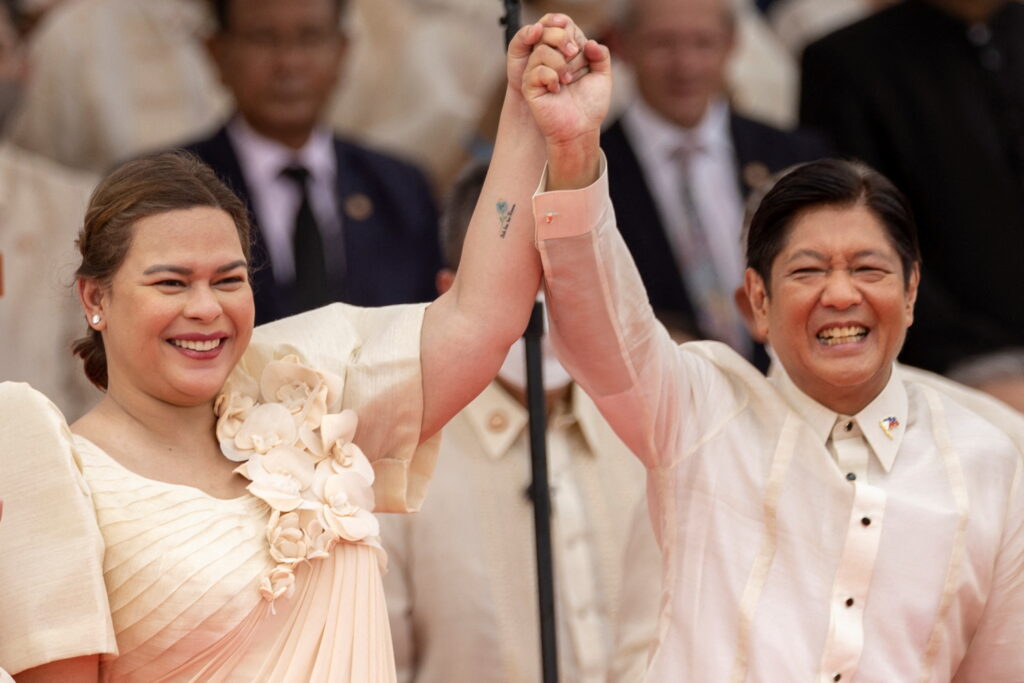
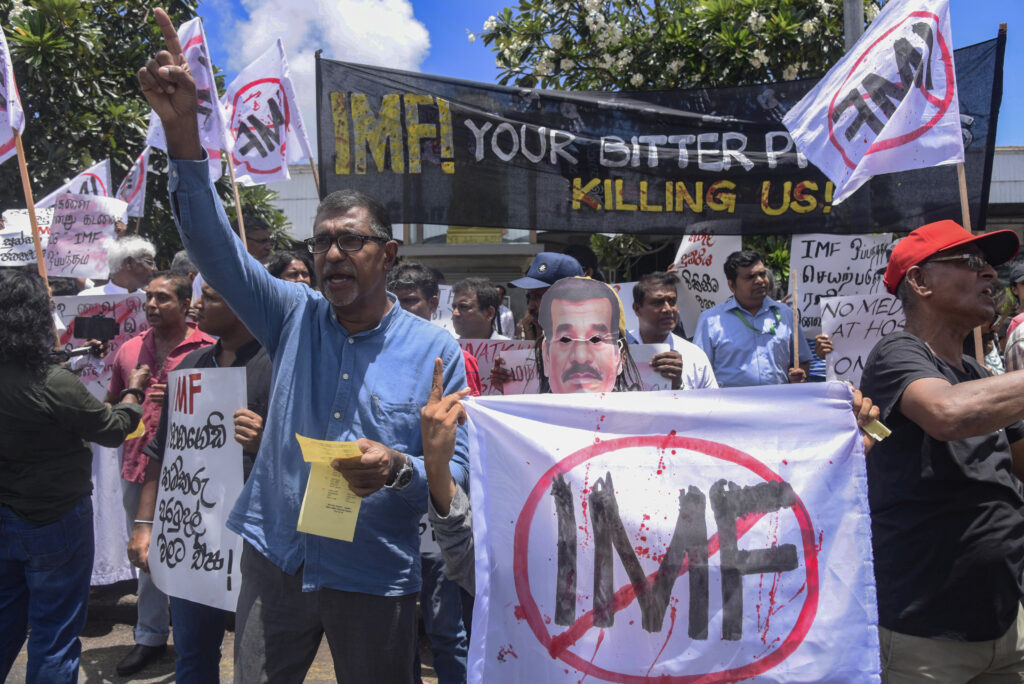
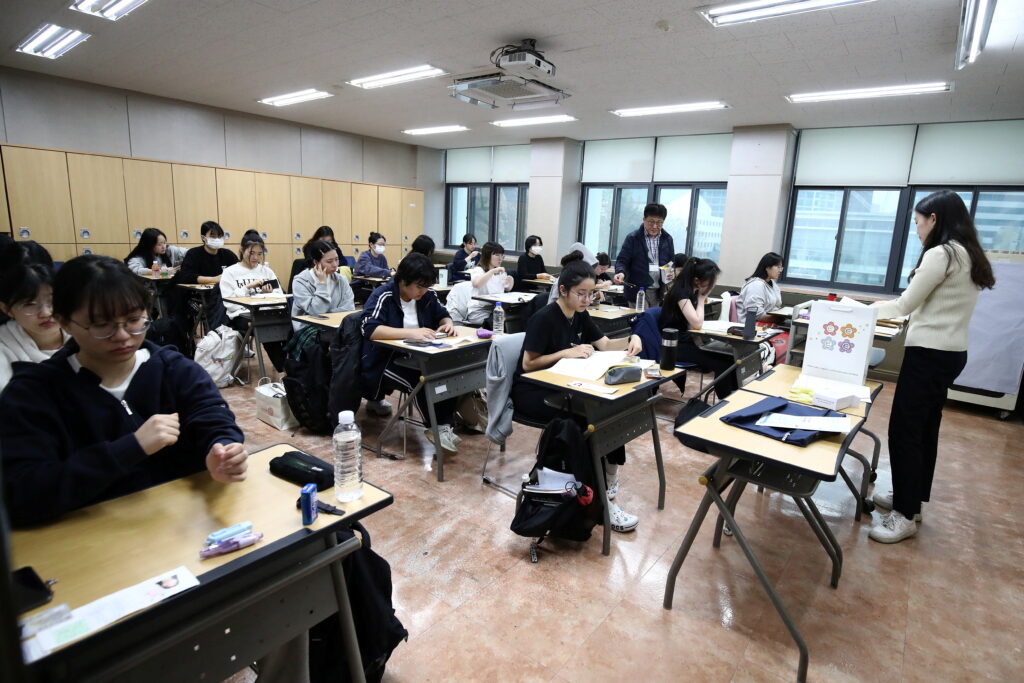
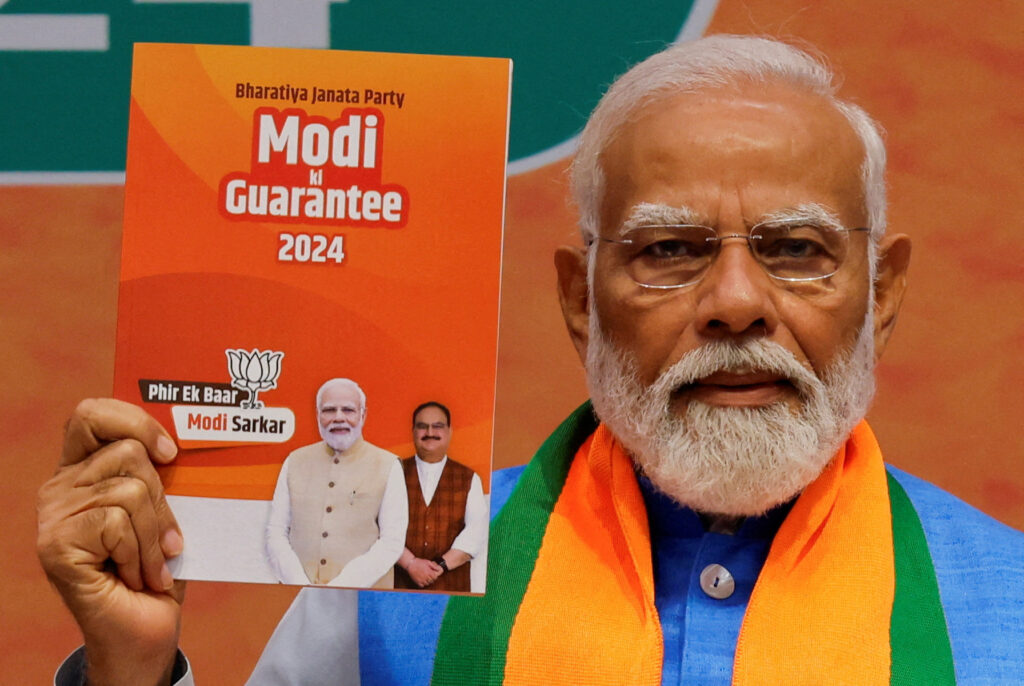
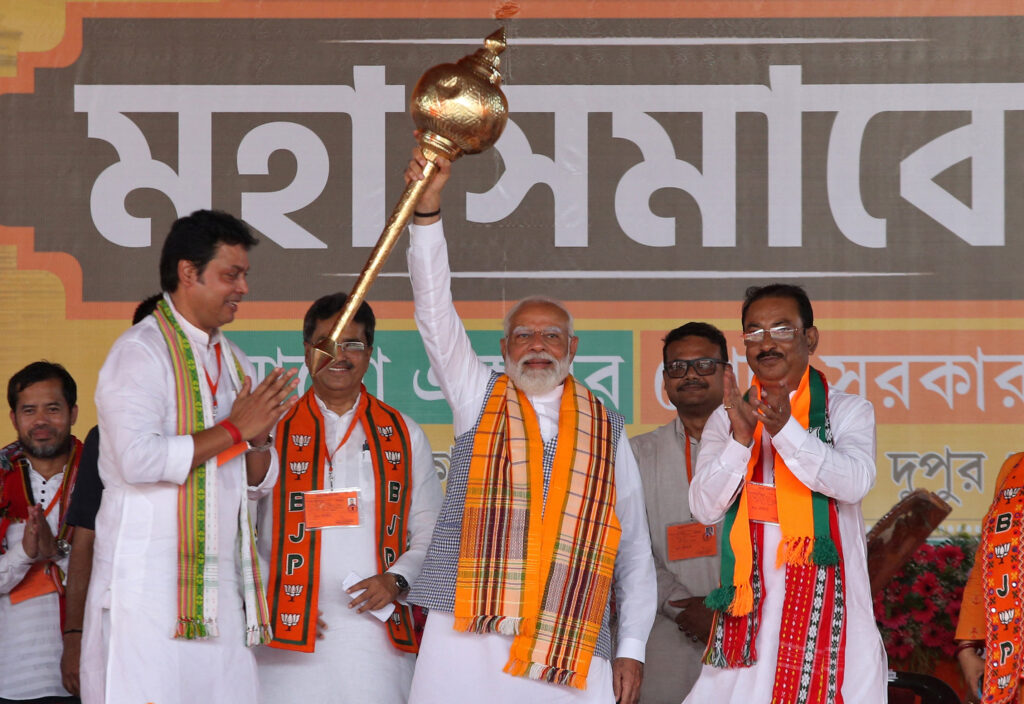
East Asia Forum offers expert analysis on politics, economics, business, law, security, international relations, and society in the Asia Pacific region.
EAF content is double-blind peer reviewed and articles are checked for factual accuracy.
Based out of the Crawford School of Public Policy within the College of Asia and the Pacific at the Australian National University, the Forum is a joint initiative of two academic research networks: the East Asian Bureau of Economic Research (EABER) and the South Asian Bureau of Economic Research (SABER). East Asia Forum is edited by Shiro Armstrong and Peter Drysdale.
Sign up to receive free daily think pieces from leading analysts or our weekly digest, that includes our editorial and a collection of recent articles in brief.
Article printed from East Asia Forum (https://www.eastasiaforum.org)
Copyright ©2024 East Asia Forum. All rights reserved.
Voters overwhelmingly rejected the South Korean conservative agenda in the 2024 parliamentary elections. President Yoon Suk-yeol, already a massively unpopular leader, will likely face calls to resign from within his own party amid a potential investigation of First Lady Kim Keon-hee. Despite this, foreign policy will be the one area where Yoon may be able to make some progress. He will likely continue to strengthen ties with Japan, the United States and Europe despite the legislative deadlock at home.